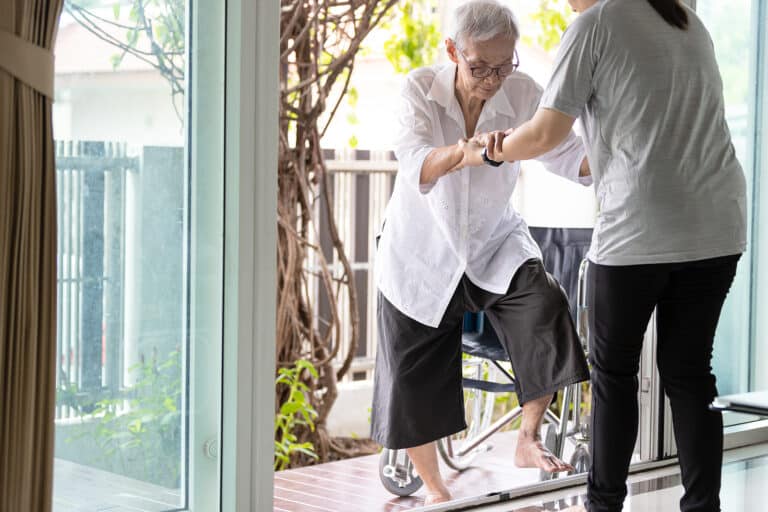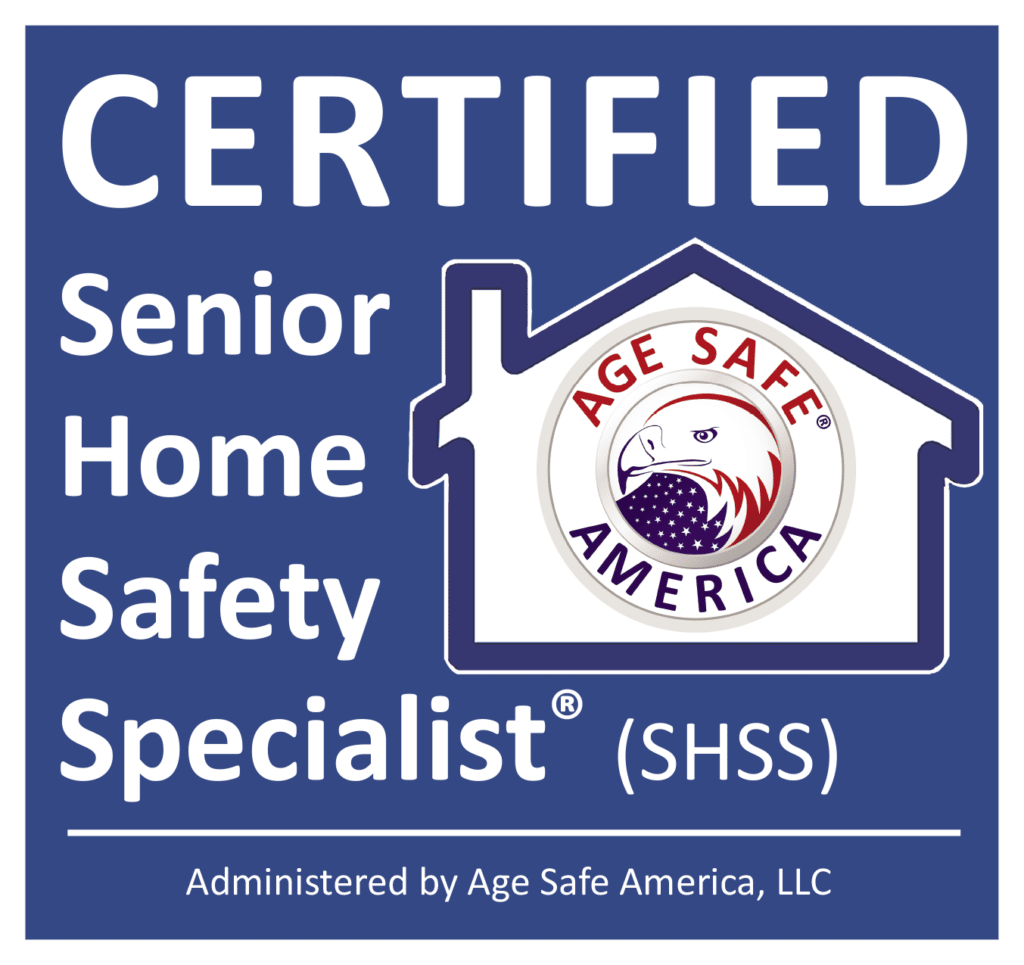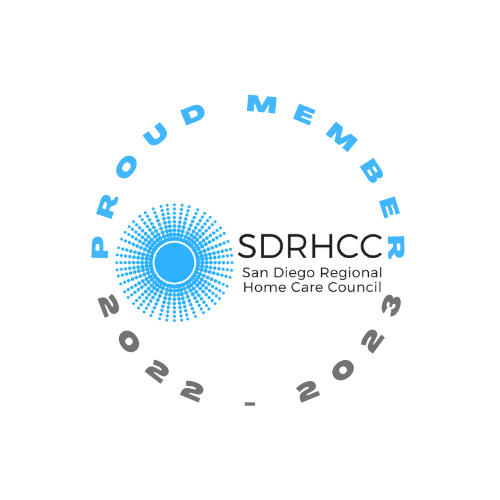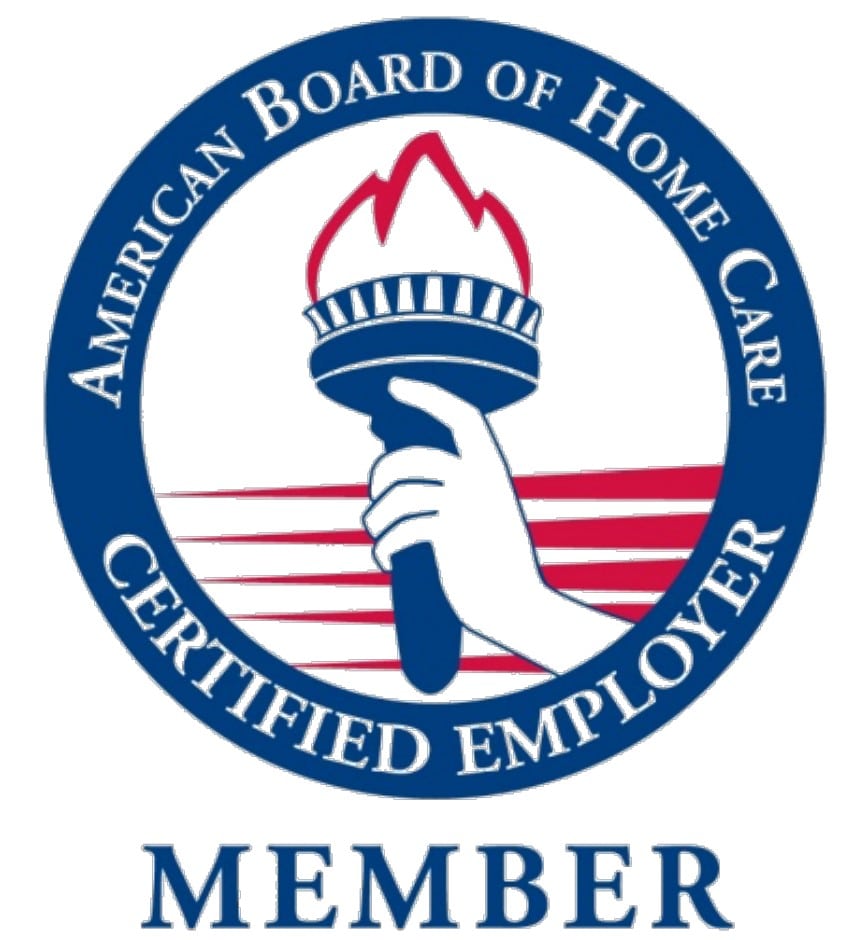For seniors, recuperation from a hospital stay might be especially difficult. The move from the hospital to the home frequently necessitates rehabilitation and adherence to physical activity needs, regardless of whether they have had surgery, sustained an injury, or maintained a chronic condition. Nevertheless, it can occasionally be challenging to inspire seniors to participate in these activities, which is why their loved ones—and seniors themselves—need a strong post hospital care plan to fall back on.
Clear Communication and Understanding
First, make sure seniors know the significance of their physical activity and rehabilitation plan. It’s important for them to clearly understand how these activities aid in their recuperation and general well-being. At the same time, loved ones and at-home post hospital care will need to address any worries seniors may have regarding the exercises’ efficacy, safety, or comfort.
Personalized Post Hospital Care Plans
Attention to seniors’ unique needs is key in the post hospital care plan. This means that the plan needs to consider their mobility, personal objectives, and state of health in collaboration with healthcare specialists. Additionally, a customized strategy boosts the chances of success and adherence.
Gradual Progression
As seniors gain strength and confidence, loved ones can encourage them to begin activities carefully and progressively increase the duration or intensity of their activities. Establishing reasonable goals increases motivation and reduces frustration. For seniors who like to know the details, it might be a good idea to add progression goals to the post hospital care plan.
Include Pleasurable Activities
It’s important to consider what kinds of physical activities seniors loved or were once interested in. Including pleasant activities, such as dancing, swimming, gardening, or park walks, boosts motivation and reduces the sense of rehabilitation as a burden.
Social Support
Loved ones might consider involving friends, family, and/or support groups in seniors’ healing journeys. In difficult times, social support can greatly increase motivation and offer encouragement. Additionally, loved ones might also ask about resources or support groups when the post hospital care plan is created.
Technology Use
Seniors can also take advantage of technological tools like wearables, fitness applications, and internet resources that monitor and offer advice. The rehabilitation process may become more dynamic and interesting, which will keep them motivated.
Track and Celebrate Progress
Loved ones should keep a close eye on development and recognize any accomplishments along the way. Positive reinforcement motivates seniors to keep participating by highlighting the significance of their work.
Handle Barriers and Adjustments
It’s also important to look for any obstacles to involvement, such as discomfort, exhaustion, or difficult circumstances. Loved ones can talk with home care about modifying the post hospital care plan as needed to keep it practical and efficient.
The key to assisting seniors in accepting their need for physical activity and rehabilitation is to combine individualized planning, education, and support. Seniors can take an active role in their own recovery if obstacles are removed, understanding is promoted, and encouragement is given by loved ones and post hospital care providers.
If you or an aging loved one are considering Post Hospital Care in Coronado, CA, please contact the caring staff at Aaron Home Care. (619) 880-5522
A Trusted Home Care Agency Serving La Jolla, Pacific Beach, Point Loma, San Diego, UTC, La Mesa, Chula Vista, Coronado, Bonita, Eastlake, and the surrounding areas.
Sources:
- https://caretechinc.com/navigating-post-hospital-care-a-guide-to-supporting-seniors-in-their-recovery-journey/
- https://hcprosonline.com/how-post-hospital-care-can-help-keep-seniors-motivated-during-recovery/
- https://compassioncrest.com/tips-for-helping-seniors-recover-after-a-hospital-stay/
- https://helpathomenv.com/navigating-post-hospital-care-for-seniors-a-guide-to-rehab-and-senior-care-services/
In 1999, Aaron was named Residential Program Manager of a group home for disabled adults in Arlington, Virgina. Here, he built a reputation for being compassionate with his clients and efficient in company operations. In the years that followed, Washington DC’s human services field went through unprecedented reform when the city was fined $11 million for the previously unchecked abuse, neglect, and exploitation of the very population it was supposed to protect. In 2005, Aaron was selected by a watchdog company to co-create and implement a monitoring system to safeguard and advocate for the system’s most vulnerable residents. This system is still in use today.
Aaron is now using his unique gifts and profound experience in the human service field to provide San Diego County Seniors with dependable, compassionate caregivers through Aaron Home Care.
He currently serves on the board of the San Diego Regional Home Care Council and is an active member of the Senior Advocate Network of San Diego.
Aaron Home Care is a member of the American Board of Home Care and is accredited by the Better Business Bureau.
- What Factors Put a Person at Risk For Parkinson’s Disease - May 23, 2025
- Five Contributing Factors to Difficult Alzheimer’s Disease Symptoms - May 7, 2025
- Sarcopenia Symptoms and Help for Seniors - April 28, 2025







